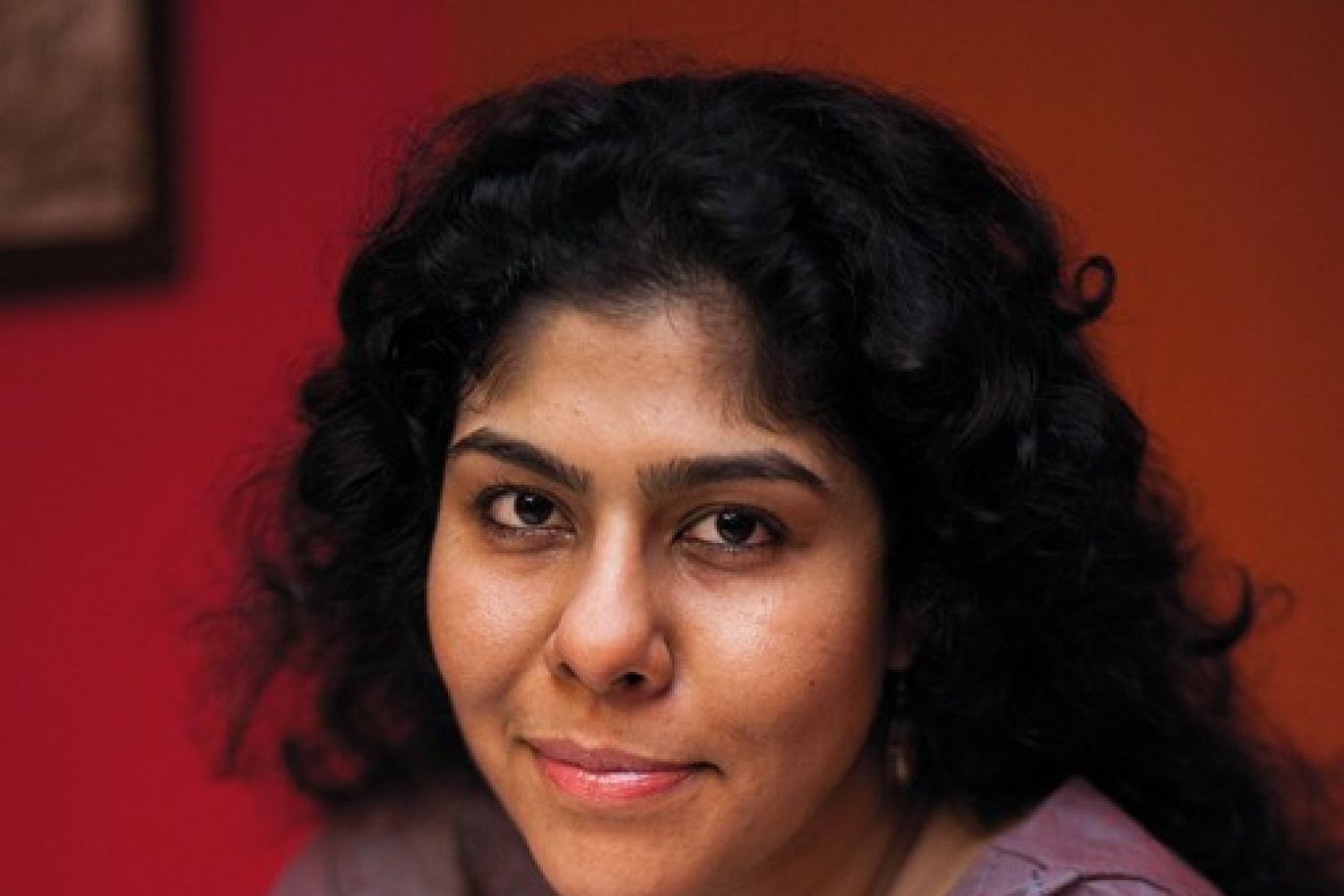
Ruchika Solanki had
the sort of love story that everyone wants to tell—she and her boyfriend met at
a cafe in Delhi. She was sitting with her friend, he with his. She and her
friend were having an argument over a board game, and she called out to him,
because the four of them were the only customers in the cafe. He took her side,
his friend took her friend’s, and they all got talking. She and he got
together, their friends didn’t.
But let’s focus on the
romance. That day at the





